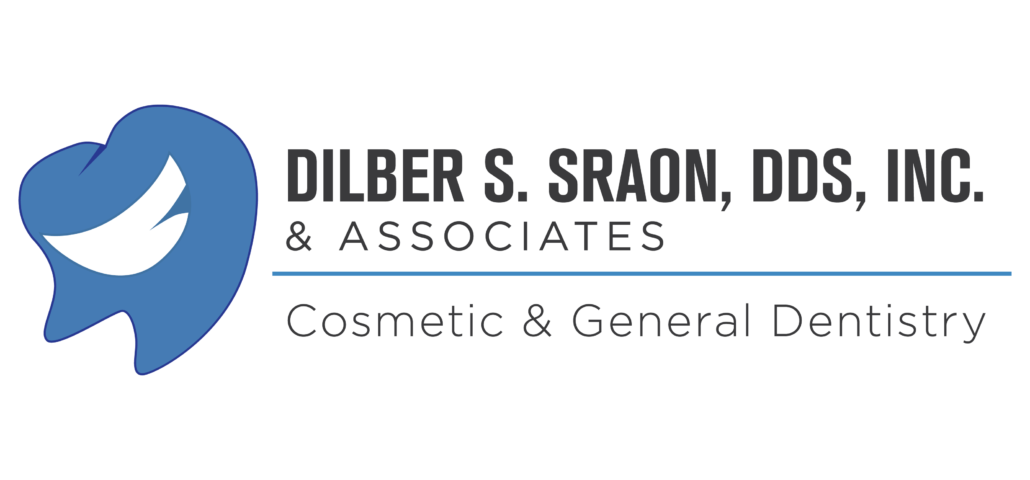The Surprising Link Between Oral Health and Dementia: What You Need to Know
When we think about brushing and flossing, most of us focus on preventing cavities and keeping our smiles bright. But did you know that your oral health may also be connected to your brain health?
A new study from Columbia University’s College of Dental Medicine has found a significant link between gum disease, tooth loss, and an increased risk of cognitive decline and dementia. At Dilber Sraon, DDS in San Jose, we’re passionate about helping patients understand the full impact of oral health—not just on your smile, but on your overall wellness.
The Research: How Oral Health Affects Brain Health
The Columbia study found that bacteria associated with gum disease (periodontitis) may contribute to inflammation and damage in the brain—key factors involved in the development of Alzheimer’s disease and other forms of dementia.
In particular, the study suggests that individuals with severe gum disease or significant tooth loss may be more likely to experience memory problems and cognitive impairment over time.
This research builds on a growing body of evidence linking chronic inflammation in the mouth to systemic health issues like heart disease, diabetes, and now, dementia.
Prevention Starts with a Healthy Smile
The good news? Preventing gum disease is entirely possible—and it starts with routine dental care and good daily habits.
At Dilber Sraon, DDS, we provide comprehensive dental exams and gentle cleanings designed to:
✅ Detect early signs of gum disease
✅ Remove plaque and tartar before they cause damage
✅ Keep your gums healthy and strong
✅ Educate you on at-home care for long-term oral health
Whether you’re in your 30s or your 70s, prioritizing your oral health could be a smart way to help protect your memory and cognitive function in the future.
Schedule Your Oral Health Consultation Today
Your mouth is the gateway to your body—and now, research shows, it may also be a window into your brain health.
Don’t wait until symptoms arise. Schedule a consultation with Dr. Dilber Sraon, DDS in San Jose to evaluate your gum health and take proactive steps toward a healthier future.
Call today or book your appointment online to get started.
Let’s protect your smile—and your mind—together.
